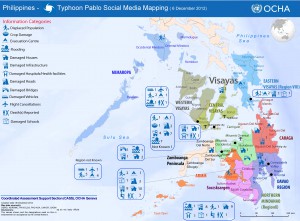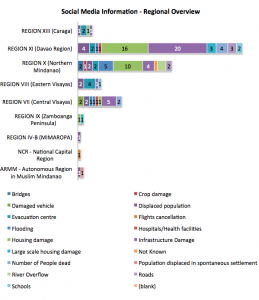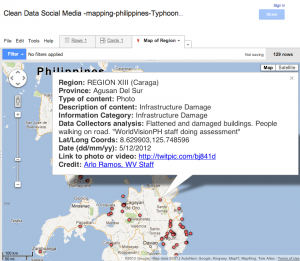
Haiti To Become Full Associate Member Of African Union
Osun Defender (Nigeria), 8 December 2012
The black race is gradually coming together. Where other world groupings are primarily motivated by strategic, security, political and economic interests, Africans wherever they are can count also on their common history of being black.
Haiti currently has the status of Member Observer with the African Union and submitted to that organization, a formal request for the status of full Associate Member of the Union of Heads of State and Government of Africa, a status that will be effective starting from January 2013.
In January 2011, the Libyan leader Muammar Kaddafi who was killed by NATO in October of the same year asked the following question to delegates who were attending an international conference for the African Diaspora from around the world that he had convened in Tripoli.
“Why shouldn’t people of black descent leaving outside the African mother continent be allowed to have a referendum to decide if they wanted to be part of Africa or not.”
As we know there are many countries out of Africa, particularly in the Caribbean’s Islands, where black people constitute the majority. Even Brazil itself is getting closer to such category.
 The admission of Haiti to the African Union is a significant milestone of bringing together the black family of Africans as a people.
The admission of Haiti to the African Union is a significant milestone of bringing together the black family of Africans as a people.
May this reunion of Haiti with the mother continent be a strong motivation for other nations with black majorities to see in such strong relationship a source for future prosperity of respective populations either in Africa or concerned countries?
People from the South – where most Blacks are – , have in the past strongly counted on their cooperation with the North for their development. Though the latter is still dominant, there are clear signs that the tides are shifting. The more the former will find in themselves the resources to uplift their populations the better.
Source: INFO NIGERIA
Continue reading “Dolphin: Haiti Moves Up in African Union — World Routing Around the USA? + RECAP”








